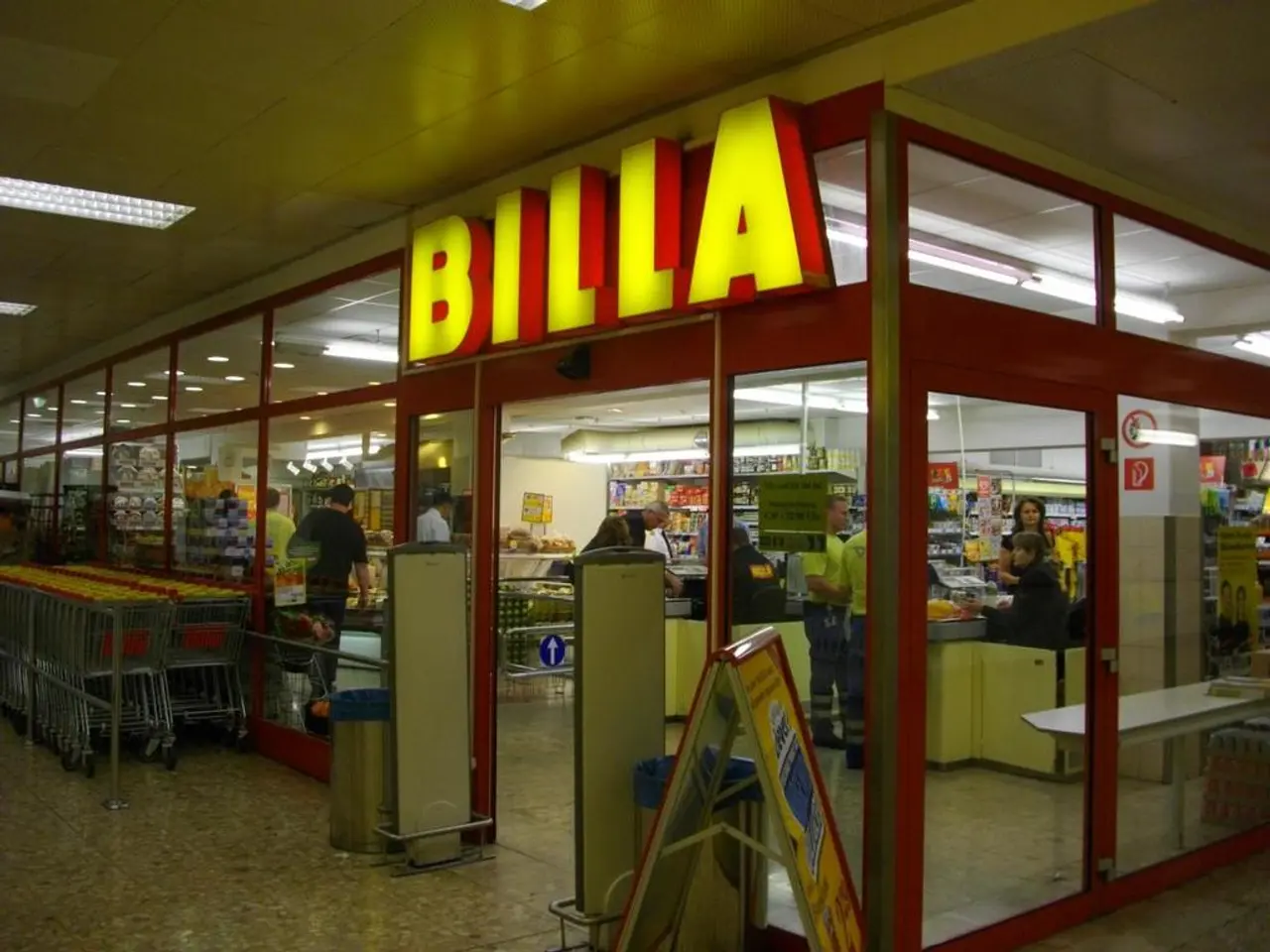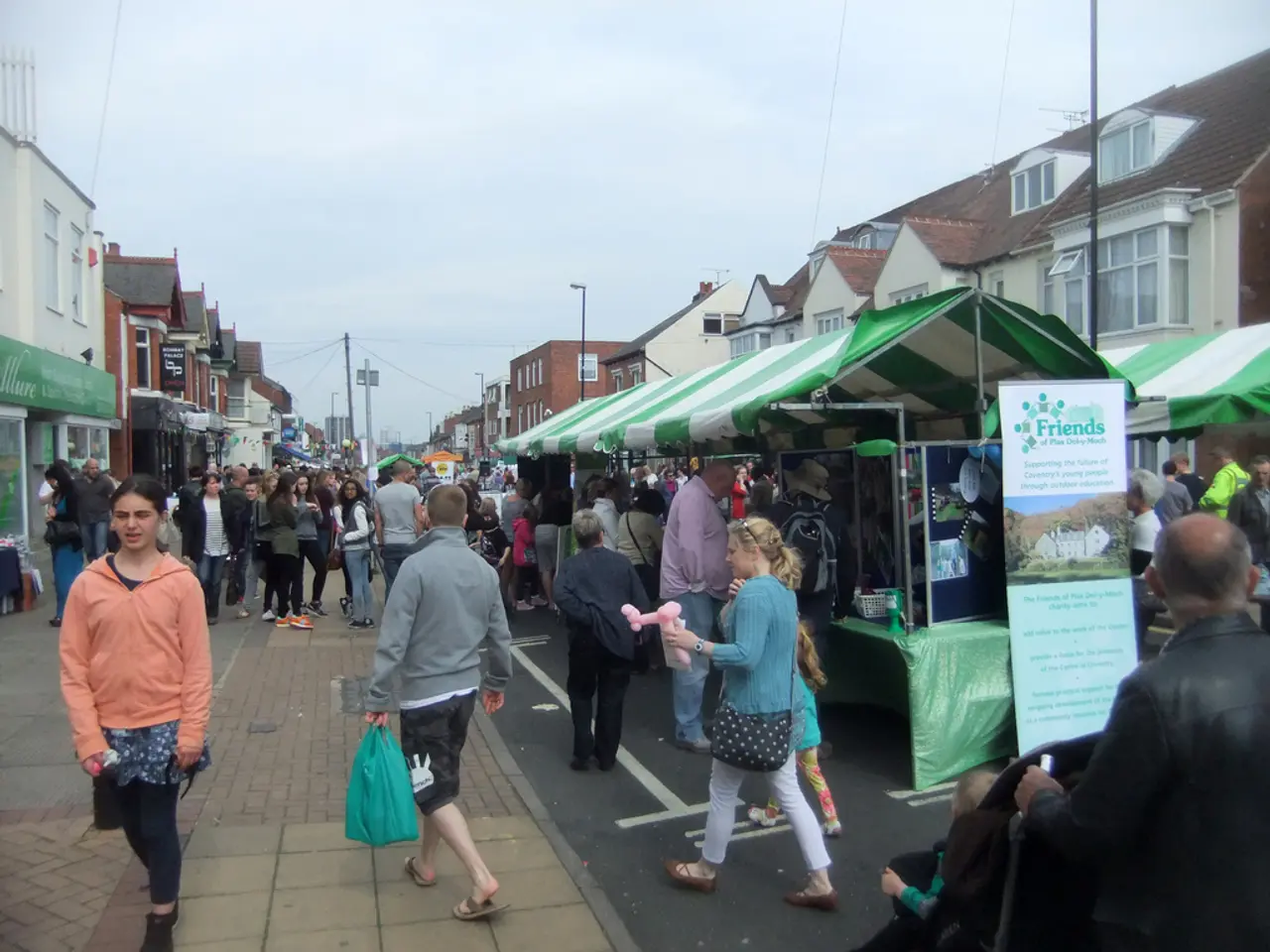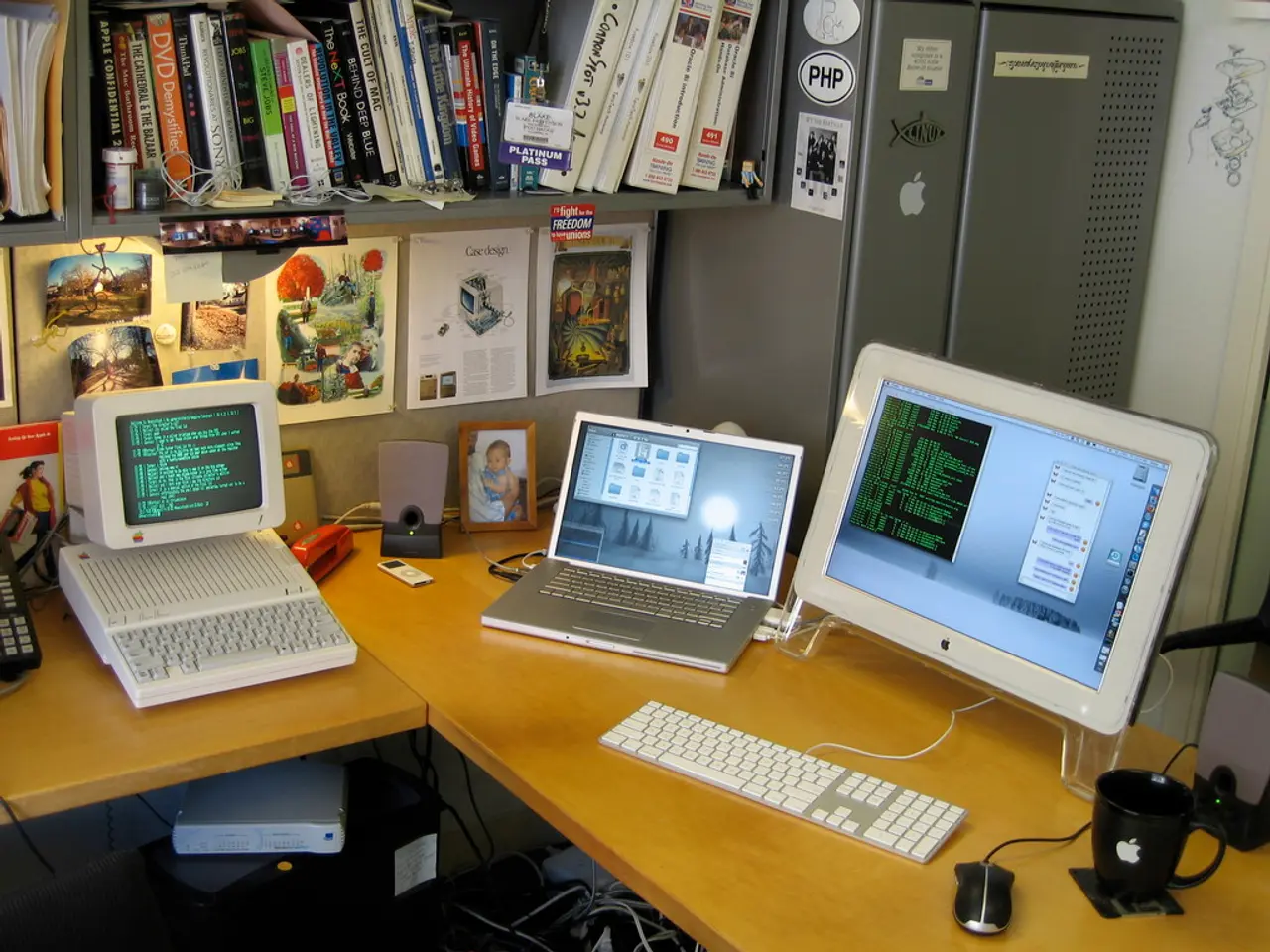Efficiency Boost in Retail: How Bossa Nova Robotics Improves Stock Control
In the ever-evolving world of retail, Bossa Nova Robotics is making waves with its innovative solutions in automation. The company, based in California, is leveraging 3D vision systems and machine learning algorithms to revolutionize the way inventory is managed in stores.
Bossa Nova Robotics is not content with just domestic success. The company has ambitious growth plans, aiming to expand its presence not only in the US but also internationally. The goal is to target diverse retail environments beyond traditional stores, with potential sectors for market expansion including grocery chains, pharmacies, and e-commerce fulfillment centers.
The robots developed by Bossa Nova are more than just high-tech gadgets. They are designed to facilitate customer engagement, providing instant product information and assisting in locating items. This bridges the gap between technology and customer service, enhancing the shopping experience.
But the real value of Bossa Nova's robots lies in their ability to automate time-consuming inventory tasks. By handling these repetitive and time-consuming tasks autonomously, the robots reduce human labor hours by as much as 30%. This automation leads to significant improvements in inventory accuracy, reducing human error and ensuring that stores have the right products in the right place at the right time.
The robots' real-time data enables quicker restocking and better product availability, supporting a more responsive and customer-focused retail environment. Retailers utilizing Bossa Nova's technology report inventory accuracy improvements of up to 98%, translating to fewer stockouts and waste.
The advanced computer vision and machine learning technologies used by the robots allow them to navigate store aisles autonomously while recognizing products and identifying discrepancies on shelves. They conduct real-time inventory audits and identify pricing inaccuracies in store aisles.
3D vision systems allow the robots to perceive their environment accurately, creating detailed maps of store layouts and identifying product locations. Machine learning algorithms analyze vast amounts of data collected during operations, enhancing the robots' ability to recognize products and handle various store environments.
This integration of physical AI and robotics into retail operations balances automation with human interaction, boosting efficiency and customer satisfaction. Bossa Nova Robotics currently partners with major retailers, implementing their robots in hundreds of stores across the United States.
The benefits of Bossa Nova's solutions are far-reaching. Enhanced operational efficiency results in cost savings, which can be redirected to other business areas, driving overall productivity higher. Retailers using Bossa Nova's robots experience increased inventory accuracy and improved operational efficiency, leading to significant cost savings and improved profitability.
In conclusion, Bossa Nova Robotics is transforming the retail landscape with its autonomous shelf-scanning robots. These robots are improving inventory management, enhancing customer service, and creating a more responsive and customer-focused retail environment. With its ambitious growth plans and innovative technology, Bossa Nova Robotics is poised to continue making a significant impact in the retail sector.
- Bossa Nova Robotics plans to expand its presence in the US and internationally, targeting diverse retail environments such as grocery chains, pharmacies, and e-commerce fulfillment centers.
- The robots developed by Bossa Nova are designed to facilitate customer engagement by providing instant product information and assisting in locating items, bridging the gap between technology and customer service.
- By automating time-consuming inventory tasks, the robots reduce human labor hours by as much as 30%, leading to significant improvements in inventory accuracy and reducing human error.
- The benefits of Bossa Nova's solutions are far-reaching, resulting in cost savings that can be redirected to other business areas, driving overall productivity higher, and improving retailers' profitability.




